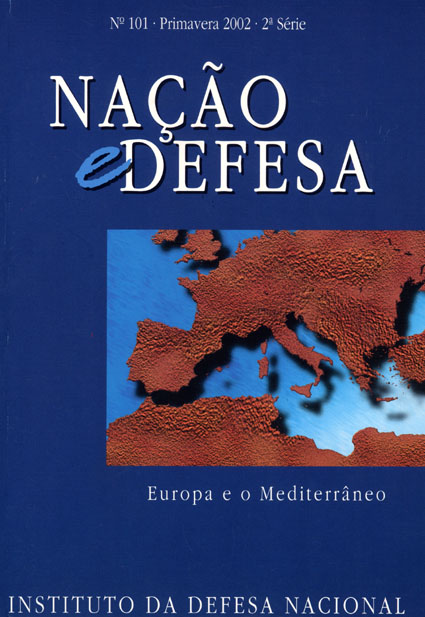European Multilateralism and Soft Power Projection in the Mediterranean
Resumo
The Euro-Mediterranean Partnership, signed at Barcelona in November 1995 by the European Union with twelve South Mediterranean Partner states was officially designed to produce a region of stability, peace and prosperity in the Mediterranean basin. It was, however, a policy designed by the Union to regulate its southern periphery, which the partner-states could not ignore because of their location and their dependence on economic relations with Europe. It also reflected long-standing relationships across the Mediterranean, reaching back to pre-colonial times, as well as previous confidence-building and cooperative initiatives since independence. Its holistic nature, covering economic, political, security, social and cultural relations, reflected the nature of the Union itself. Economic outcomes in the short-term threaten to be disadvantageous unless South Mediterranean states can combine their economies into a single market and security issues are blocked by the on-going conflict in the Middle East and the exclusion of the United States from the peace process. Social and political consequences will take longer to emerge but may, in the long-term, be the most important. Yet it is the interdependence of Europe and the South Mediterranean over energy and migration that the true meaning of the Barcelona Process will eventually be revealed.





